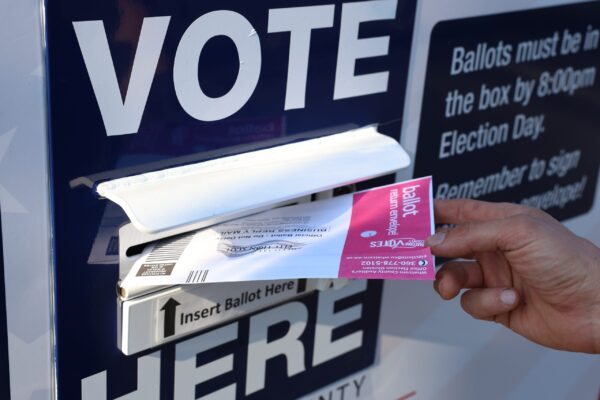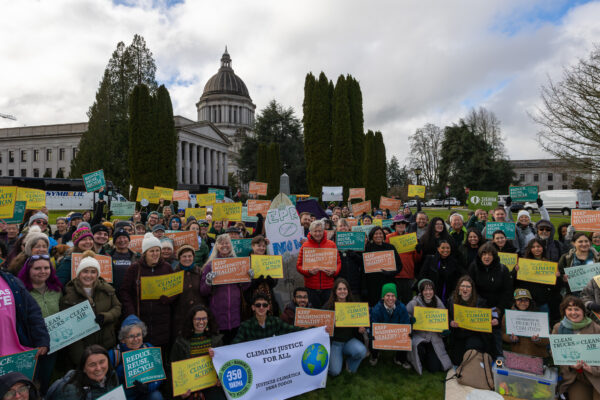May is Asian and Pacific Islander (API) month. This is a vast ethnic category, encompassing roughly half the area of the planet, 48 countries across Asia, more than 1,000 ethnic groups in Asia and Oceania—a spectacular array of languages and cultures. Yet they share a concern for the Tribal sovereignty and climate pollution: Of those countries most at risk from the effects of climate change—rising seas, erratic weather, drought—50 percent of them are Asian. Southeast Asia and the island nations of the Pacific will suffer some of the worst effects of a warming planet. Peoples in these regions, and those of API descent in the United States, have long fought for environmental justice, clean air, and clean water. In a 2020 Asian American voter survey, 80 percent of API respondents consider the environment to be a very important or extremely important issue.
Since May is API History Month, here are just some API conservation champions to know:

Kathy Jetñil-Kijiner writes, performs, and advocates for climate justice on behalf of her homeland, the Marshall Islands. She co-founded Jo-Jikum, a non-profit organization that seeks to empower Marshall Island youth to fight for climate justice and to contribute to the survival of their home. She also serves as the climate envoy for the Marshall Islands Ministry of the Environment. A poet and performance artist, she performed a poem she wrote for her daughter at the 2014 United Nations Climate Summit.
Here is a portion of that work:
“…we are
families biking, recycling, reusing,
engineers dreaming, designing, building,
artists painting, dancing, writing
and we are spreading the word
and there are thousands out on the street
marching with signs
hand in hand
chanting for change NOW
and they’re marching for you, baby
they’re marching for us
because we deserve to do more than just
survive
we deserve to thrive…”

Varshini Prakash began working on climate change issues in the early 2010s, while still an undergraduate at the University of Massachusetts at Amherst. She led a fossil fuel divestment movement there, and UMass-Amherst became the first large public university to divest from fossil fuels. In 2017, Prakash co-founded the Sunrise Movement, a youth-led non-profit that seeks to build political power to address climate change. She serves as its executive director but has announced she will step down this fall to make room for even younger leaders. Prakash was also appointed a member of the Biden-Sanders Unity Task Force during the 2020 presidential election cycle. She also edited, Winning the Green New Deal (2020), a collection of essays about that proposed federal legislation.
Quote: “It’s clear that any politician that wants to be taken seriously by our generation needs to have the courage to stand up to the fossil fuel billionaires and back a Green New Deal.” – Varshini Prakash
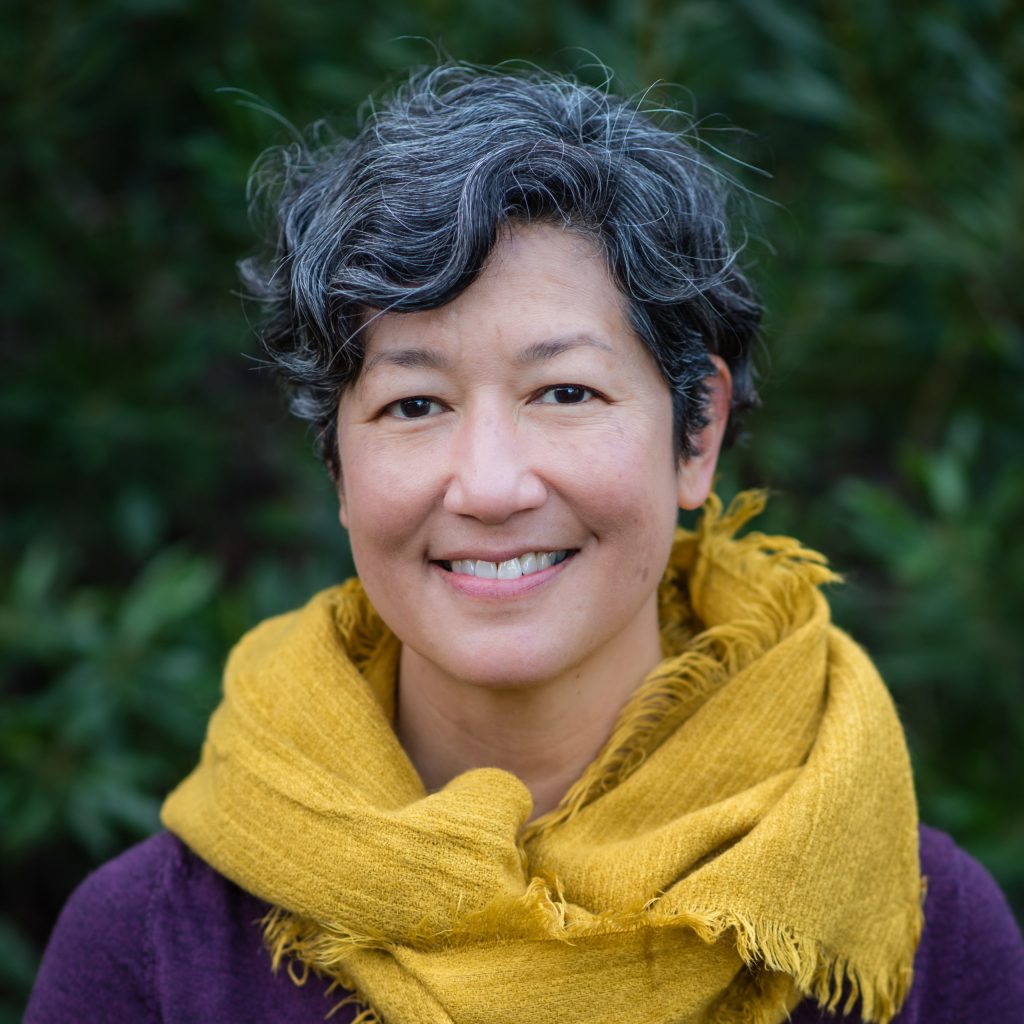
Miya Yoshitani spent nine years as executive director of the Asian Pacific Environmental Network (APEN), an organization advocating for environmental justice in California Asian immigrant and refugee communities. Beginning as local group in Oakland and growing into a statewide force, APEN built the largest multilingual Asian American voter mobilization program in the country. The organization played a leadership role in critical coalitions like the California Environmental Justice Alliance and the national Climate Justice Alliance. Together with allies, APEN won major policy victories like the Solar on Multifamily Affordable Housing program which invests $1 billion over 10 years in solar for multi-family affordable housing. Last fall, Yoshitani stepped down as executive director to become a senior strategist with APEN Action, a sister political organization.
Quote: “System change, not climate change.” – Miya Yoshitani
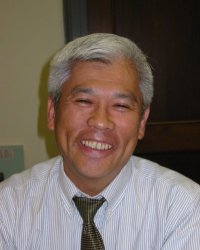
Dr. Charles Lee is the Senior Policy Advisor for Environmental Justice for the Environmental Protection Agency (EPA). He was the primary author on “Toxic Wastes and Race in the United States,” published in 1987 by the United Church of Christ. The report used data to show that hazardous waste sites were predominantly located in communities of color, groundbreaking research that helped to raise awareness of environmental justice at a national level. Dr. Lee became a charter member of the National Environmental Justice Advisory Council and chaired its waste committee. He has served in multiple leadership roles at the EPA.
Quote: “Environmental justice is proving to be an increasingly powerful lens to understand a lot of the critical issues of the 21st century.” – Charles Lee
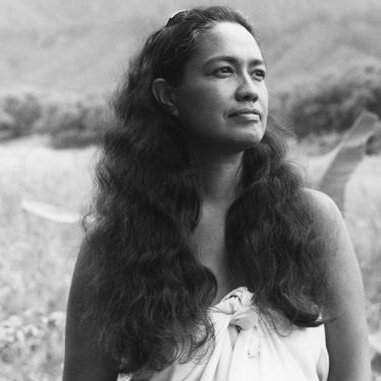
Haunani-Kay Trask (1949-2021) was an activist, scholar, founding director and professor at the School of Hawaiian Studies at the University of Hawai’I, the only school of Indigenous studies at a leading research university in the United States. She became famous for speaking out against the human and environmental damage created by American empire, and for calling for a return to Indigenous stewardship of the islands. Her book From a Native Daughter: Colonialism and Sovereignty in Hawai’i (1993) remains a classic of Indigenous political thought. Dr. Trask was also well known for helping lead 15,000 Native Hawaiians in a march to reclaim lands that the state held in trust.
Quote: “The people cannot exist without the land and the land cannot exist without the people”—Haunani-Kay Trask

